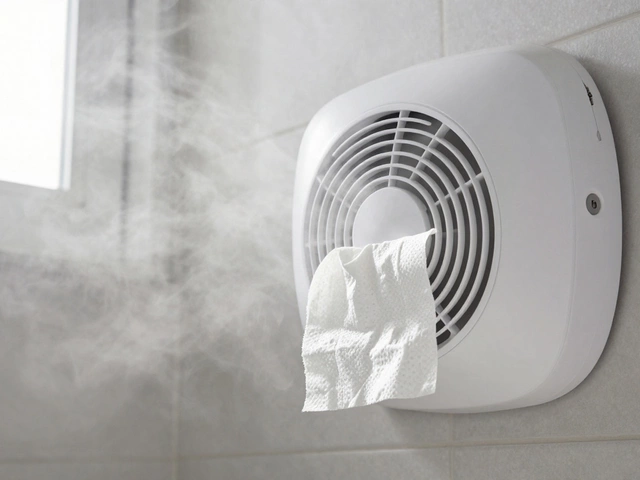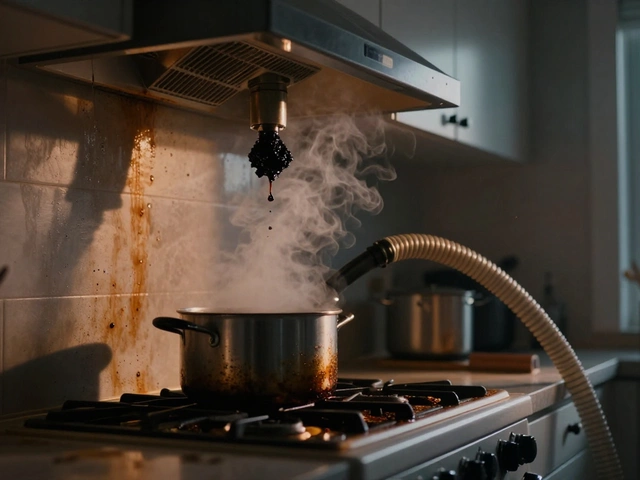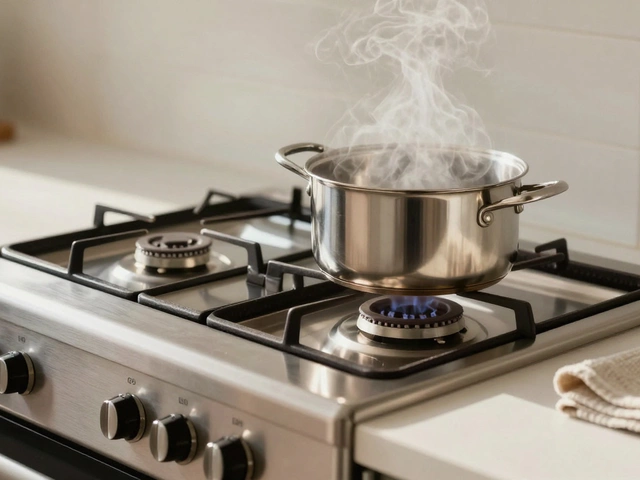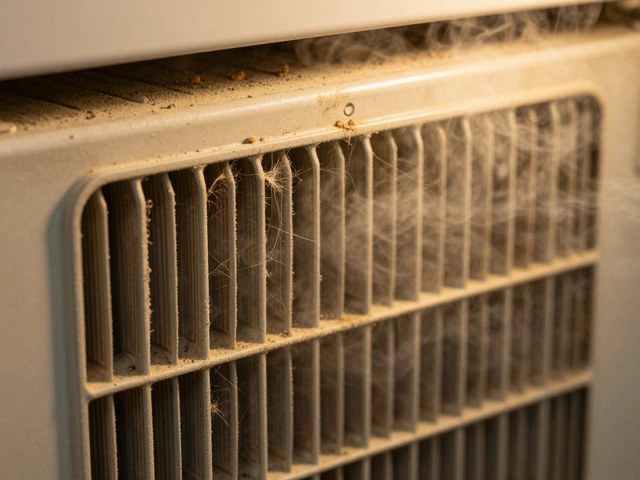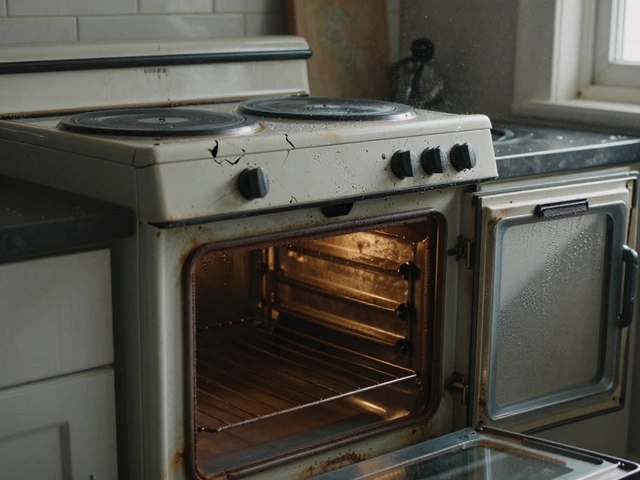So, your freezer isn’t freezing, and you’re wondering what’s up with that? It’s an annoying issue, for sure. You rely on it to keep your food fresh, and now it's just not pulling its weight. Before you rush to call for backup, let's take a quick look at what could be happening.
First off, not every freezer problem means shelling out a small fortune on repairs. Sometimes, the issue is as minor as a thermostat setting gone haywire or blocked airflow due to packed shelves. Simple tweaks, like adjusting settings or reorganizing contents, can make all the difference.
But, if the issue is beyond basic troubleshooting, it helps to know what's typical cost-wise. Repair charges can vary widely, usually depending on what part of the freezer is acting up. A faulty fan or thermostat might be cheaper to repair than, say, a busted compressor which could set you back a bit more. We’ll dig into these details a little later.
- Common issues causing a freezer not to freeze
- Typical repair costs and factors influencing them
- DIY checks to consider before calling a professional
- When to call a repair service
Common Issues Causing a Freezer Not to Freeze
When the freezer decides to throw in the towel and stop freezing, it’s often down to a few usual suspects. Let’s break these down so you know what might be going on under the hood.
Thermostat Problems: If the thermostat is set too high, the freezer won't kick into gear like it should. Double-check if it’s accidentally been nudged to a warmer setting. If it’s still looking suspicious, it might be defective, which can mess with the freezer's performance.
Dirty Condenser Coils: These coils, usually at the back or bottom, need to be clean to work right. Dust and grime can pile up over time, causing the freezer to struggle. A quick cleaning often helps things cool down again.
Blocked Air Vents: Freezers need proper airflow. When vents are blocked due to overloaded shelves, the airflow is restricted, leading to poor cooling performance. Rearranging might just get it up and running smoothly again.
Fan Malfunctions: The evaporator fan circulates air throughout the freezer. If it’s not running or is noisy, it might be busted, affecting cooling. Sometimes, just checking if it’s blocked can save you a headache.
Compressor Issues: This is the heart of your freezer. If it’s on the fritz, you’ll probably notice right away because nothing stays cold. Replacing or fixing a compressor can be costly, so it’s one of the more serious concerns.
Remember, the freezer's main role is to keep things frozen. Understanding these common issues gives you a good starting point for figuring out why yours isn’t doing its job. It might be tempting to handle problems solo, but calling in a pro for the complicated stuff is often the best bet.
Typical Repair Costs and Factors Influencing Them
Alright, let’s talk dollars and cents. Fixing a freezer that won't freeze can hit your wallet differently depending on what's broken. These costs can be influenced by the type of repair needed and the age of your appliance. The good news is, once you know what you're dealing with, you can make a smarter decision.
Here's a quick breakdown of typical costs:
- If it's a thermostat issue, you're looking at anywhere from $100 to $250. Thermostats are like the freezer's brain, keeping everything chilled properly, so fixing them isn’t too steep.
- A broken fan could set you back around $200 to $300. Fans help circulate the cold air, and without them, your freezer's just a fancy box.
- For compressor problems, brace yourself — these can be more expensive, often running from $400 to $700. The compressor is the powerhouse of your freezer, so its repair or replacement is more involved.
Now, what affects these prices? First, the freezer’s brand and model—some parts are naturally pricier. Then there's labor, which varies depending on where you live. Got a high-end model? Expect repair costs to be on the higher side.
According to a recent survey by Appliance Repair Pros, "The average cost of repairing a freezer that won't freeze is around $350, but this can vary by region and the specific issue at hand."
Also, the age of your freezer is a big one. Older models might need more frequent repairs or have more expensive parts because they're out of production. On the flip side, newer models might still be under warranty, which could cover some costs. So, when you're considering a repair, think about these factors and decide what makes financial sense in the long run.
Here’s a tip: if a repair costs more than half the price of a new freezer, consider investing in a new model. It’s often more energy-efficient, saving you more money over time.

DIY Checks to Consider Before Calling a Professional
If your freezer isn't freezing and you're thinking of calling in the professionals, it's worth checking a few things first. These small DIY actions can sometimes solve the problem without any extra cost. Let’s dive into what you can do.
First, give the power supply a look. Seems basic, right? You'd be surprised how often a loose plug is the culprit. Ensure your freezer is really plugged in and the outlet is working. Test it with another appliance if needed.
Next, get to know your freezer's thermostat settings. Did someone accidentally bump it? Check if it’s set to the correct temperature—ideally, it should be set between 0°F and 5°F (-18°C and -15°C).
Another thing to check is the airflow. Freezers need space to circulate cold air, so if you've packed it to the brim, you might be blocking vents. Make sure there’s at least a couple of inches of space between your food and the walls of the freezer.
Also, take a peek at the condenser coils. When was the last time those were cleaned? Dusty coils can make your freezer work overtime. Unplug the freezer, pull it away from the wall, and gently vacuum the coils—or use a coil brush—every six months.
Freezer repairs can be costly, but these DIY checks might just save you some cash. If these steps don’t do the trick, it might be time to call in a repair specialist.
When to Call a Repair Service
Alright, so you've tried adjusting the settings, cleared out any blockage, and maybe even given the freezer a solid cleaning, but it's still not doing its freezing magic. When do you throw in the towel and call a repair service? Let's break it down.
First, if your freezer’s motor seems to be running constantly without ever reaching the desired cold, you might have something more serious on your hands. A freezer that's struggling like this could mean there’s a refrigerant leak, or the compressor might be failing—both of which are big deals.
Another reason to get professional help is if you hear unusual noises. While some hums and gurgles are normal, banging or high-pitched squealing can signal an internal part going bad. Common culprits include the fan motor or the defrost timer, which could eventually stop your freezer from keeping cool.
And let's not forget about electrical issues. If your freezer is tripping the circuit breaker or if you notice any burnt smells, it's best not to DIY this one. Electricity can be tricky and safety should always be your top priority.
Here’s a little overview of when to definitely call in the pros:
- Freezer runs continuously without maintaining temperature.
- Unusual noises that persist.
- Electrical issues like breaker trips or burnt odors.
- Suspected refrigerant leaks or compressor problems.
While a repair service is certainly not free, overlooking these issues can lead to more costly replacements down the line. Be sure to weigh the cost of a freezer repair up against the potential expense of having to replace the entire unit.
A common rule of thumb is if the repair costs are more than 50% of what a new unit would cost, it might be smarter to look at replacement options. But for those essential fixes that bring your freezer back to life, a professional can work wonders without putting your food stash or budget at risk.

